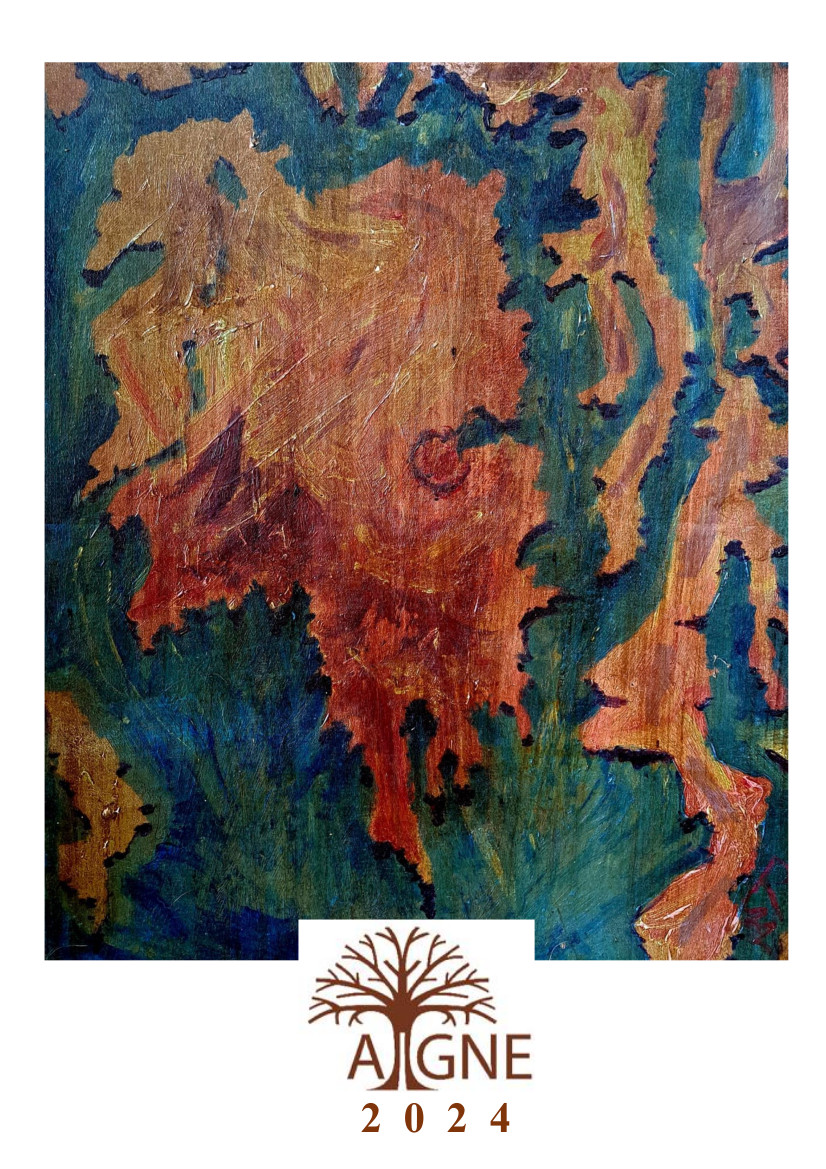“Far From Their Original Homeland”
Encountering Decolonial Families in Cherie Dimaline’s 'The Marrow Thieves' and Waubgeshig Rice’s 'Moon of the Crusted Snow'
DOI:
https://doi.org/10.33178/aigne.vol10.3Abstract
Cherie Dimaline’s The Marrow Thieves (2017) and Waubgeshig Rice’s Moon of the Crusted Snow (2018) have been studied as Indigenous critiques of the climate crisis, Western knowledge systems, and Canadian concepts of reconciliation. Scholars argue that both Indigenous futurist novels criticise the systemic marginalisation of First Nations people in Canada. According to Mark Rifkin, central to settler-state encounters with Indigenous people in North America are the imposition of European constructions of the family and the erasure of Native kinship systems. However, the subversive depictions of the family in Rice’s and Dimaline’s texts have yet to be explored in-depth and in conversation with each other. To address this gap, this article conducts a comparative analysis of The Marrow Thieves and Moon of the Crusted Snow to investigate how Indigenous futurist texts transform science fiction (SF) conventions to decolonise and queer the family.
This analysis uses postcolonial and queer theories alongside theories of Indigenous futurisms to critically examine the families in Dimaline’s and Rice’s novels. This study contextualises the contemporary Canadian family and considers the implications of Western settler-colonial family ideology for Indigenous groups in North America, investigating how the two authors employ Indigenous futurisms in their portrayals of First Nations’ gender roles, parenthood and kinship systems. Both texts are set in the near future where Indigenous families and communities are forced to hone their survival skills to avoid succumbing to the apocalypse. The families resist exploitation through storytelling and cultural inheritance. Central to their resistance against the effects of the colonial encounter is their transgression of Western gender and familial norms as well as their cosmologies of kinship which foster their relationship with the land. Ultimately, both Dimaline and Rice employ dystopian settings typical of SF to subvert traditional family structures in defiance of settler-coloniality.
The study of the family in SF has been limited to conventional biological families depicted in narratives that perpetuate imperialist endeavours through tales of space exploration and interplanetary colonisation. By conducting a comparative analysis of the portrayal of queer decolonial families in Indigenous futurist texts, this article expands the study of the family in SF outside the boundaries of traditional Western encounter narratives and the nuclear family form.
References
Downloads
Published
Issue
Section
License
Copyright (c) 2024 Beth Aherne

This work is licensed under a Creative Commons Attribution-NonCommercial-NoDerivatives 4.0 International License.
For our full Copyright Notice see our Author Guidelines.



